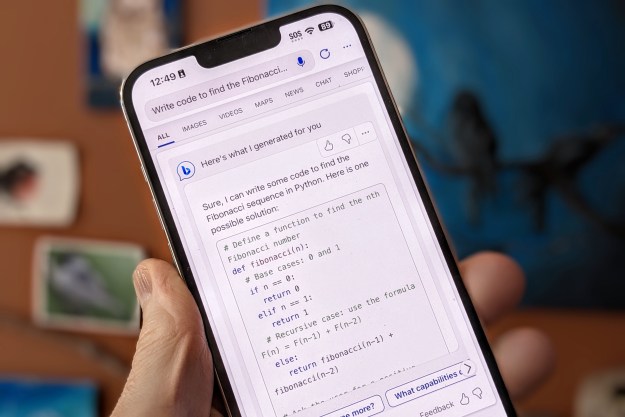A hacking group has hit Microsoft, getting into Azure DevOps source code repositories and leaking source code for Cortana and several other Microsoft projects. It is the latest round of attacks by the group going by the name of “LAPSUS$,” which also successfully targeted Nvidia, Ubisoft, and other large technology giants.
The latest update from the group, coming on March 22, includes the sharing of a 9GB archive, which has source code for 250 Microsoft projects. Of those, the group claims to have 90% of the source code for Bing, and 45% of the source code for Bing Maps and Cortana. This is only some of the hacked data, with the full archive having 37GB of Microsoft source code.

The source code for Windows and Office are not included in the leak, according to Bleeping Computer, which believes the leaked files are genuine. The files instead are tied to mobile apps or websites and contain emails and other documents used internally by Microsoft engineers who worked on the projects.
Microsoft confirmed the hack in a blog post, which details the actions of the LAPSUS$ group that it tracks as DEV-0537. In the post, Microsoft said that the hackers had “limited access” to source code since a single account had been compromised. Microsoft went on to explain that no customer code or data was involved in the activities.
“Our investigation has found a single account had been compromised, granting limited access. Our cybersecurity response teams quickly engaged to remediate the compromised account and prevent further activity,” said Microsoft.
The company also mentioned that it does not rely on the secrecy of code as a security measure and that viewing the source code does not lead to elevation of risk. This is similar to what Microsoft explained during the Solarigate investigation, where a compromised account had been used to view source code, though it didn’t have permission to modify engineering systems.
“Our team was already investigating the compromised account based on threat intelligence when the actor publicly disclosed their intrusion. This public disclosure escalated our action, allowing our team to intervene and interrupt the actor mid-operation, limiting broader impact,” explained Microsoft.
As dangerous as this sounds, the hacking group LAPSUS$, isn’t typical. The group is more interested in holding the source code ransom for tech giants in order to make a profit. That’s because source code repositories could also have API keys and code signing certificates. LAPSUS$ did this with Nvidia when it stole DLSS code and demanded that the GPU maker “completely open-source (and distribute under a FOSS license) [its] GPU drivers.”
Article updated on March 23 with Microsoft response to LAPSUS$ hack.
Editors' Recommendations
- Microsoft Bing and Edge are getting a big DALL-E 3 upgrade
- Microsoft may have ignored warnings about Bing Chat’s unhinged responses
- This Bing flaw let hackers change search results and steal your files
- Edge Copilot finally delivers on Microsoft’s Bing Chat promises
- Microsoft is slowly lifting Bing Chat’s restrictive turn limits


